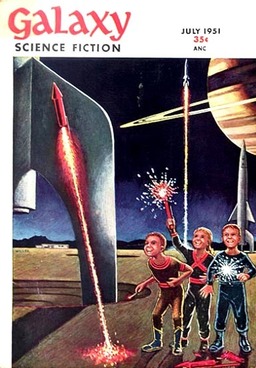When One Window Closes . . .
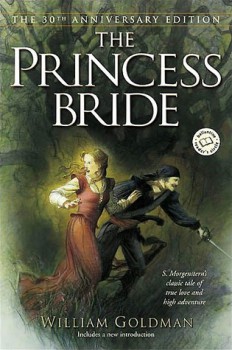 A friend of mine has stated – many times – that he won’t date anyone who doesn’t love The Princess Bride, or Rioja wine. It’s the former that’s important to me at the moment, even though I love a good Rioja myself. Actually, my friend thinks that Princess Bride is the best movie of all time, and I think he’s absolutely right. Except that he’s also absolutely wrong.
A friend of mine has stated – many times – that he won’t date anyone who doesn’t love The Princess Bride, or Rioja wine. It’s the former that’s important to me at the moment, even though I love a good Rioja myself. Actually, my friend thinks that Princess Bride is the best movie of all time, and I think he’s absolutely right. Except that he’s also absolutely wrong.
We’ve all had the experience of sharing some beloved book, or film, or piece of music with someone, and being disappointed by their tepid reaction. You know. They’re like, polite. What’s more, we’ve all disappointed others in the same way. Like it or not, when this occurs, we do feel differently about each other. And neither side is wrong, but neither side is right, either.
Welcome to my Window Theory of Emotional Response. Otherwise known as the Princess Bride Paradox, the Star Wars Syndrome, the Heinlein Hypothesis, or – dare I say it? – the Frodo Phenomenon. In a nutshell, here it is: for you to have a deep emotional response to something cultural, your exposure to it has to have come at the right time for you.
My theory builds from the phrase many of us have used in other contexts, “that window’s closed.” AKA “that ship has sailed.” Both phrases imply that there was a period of time when something was possible, that the window was “open,” and then, it wasn’t. The opportunity is lost. For a piece of culture to move you, to change the way you think about yourself and the world around you, you have to encounter it at precisely the right age, or the right level of emotional maturity or development or – call it what you will.
Or you haven’t, and that window’s closed for you.
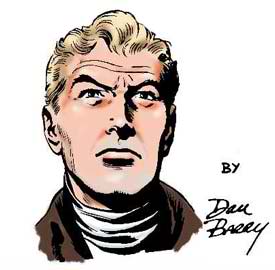
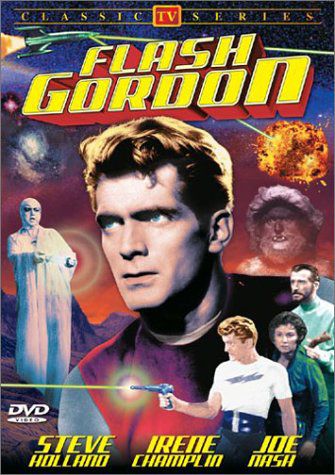
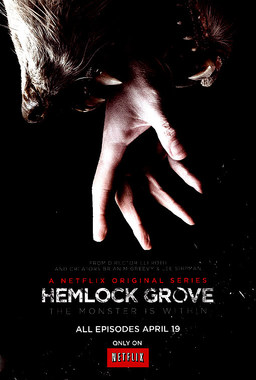

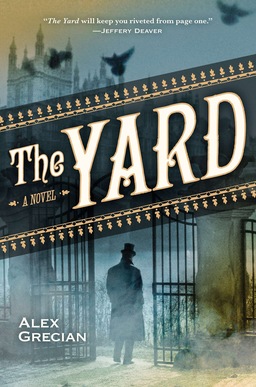



 It’s one of the most famous stories in the English-speaking world, and it is a fantasy. A Gothic fantasy of Christmas, and the meaning thereof: the story of the miser and the three spirits. It’s been retold any number of times, parodied, set in America, updated to the modern day, acted out with mice and ducks, with frogs and pigs. It’s easy to overlook how powerful the original work really is.
It’s one of the most famous stories in the English-speaking world, and it is a fantasy. A Gothic fantasy of Christmas, and the meaning thereof: the story of the miser and the three spirits. It’s been retold any number of times, parodied, set in America, updated to the modern day, acted out with mice and ducks, with frogs and pigs. It’s easy to overlook how powerful the original work really is.